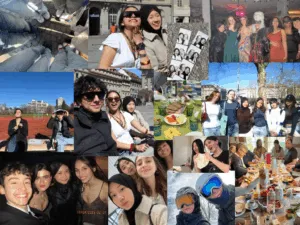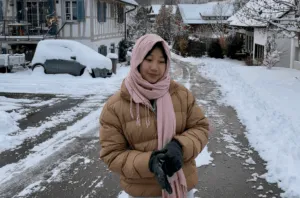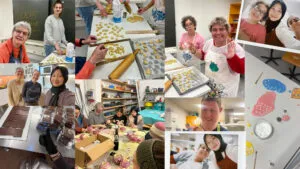Study Abroad in Switzerland
You will be placed in a secondary school preparing young people for university. Since only 20% of all Swiss teenagers pursue this academic career path, the schools are highly challenging and are proud of equipping their students with detailed knowledge in many different areas.
Switzerland has four official languages: German, French, Italian and Rumantsch. Because the community of people speaking Rumantsch is very small, we don’t offer that language in our program.
If you are placed in the German speaking region, you will have the opportunity to familiarize yourself with the local dialect spoken in your area, which will differ noticeably from standard German.
Switzerland has one of the best public transport systems in the world. It is reliable, fast and very dense. You will very likely go to school by yourself using the train or the bus.
Things to Know About Switzerland
Switzerland is famous for its natural beauty, which the Swiss work very hard to protect. In most communities, you won’t be far from snow-capped mountains or crytal-clear lakes. If the environment is important to you, you’ll appreciate all the effort the country puts into recycling and conservation. The Swiss also value punctuality and efficiency; a common saying claims that if you’re late, it’s probably because you weren’t wearing a Swiss watch or riding a Swiss train.


